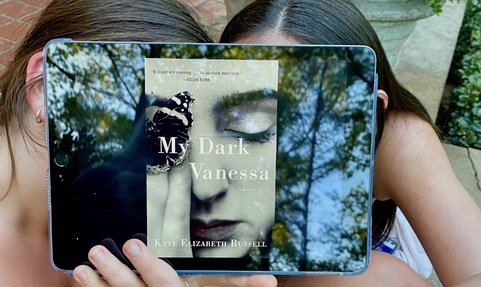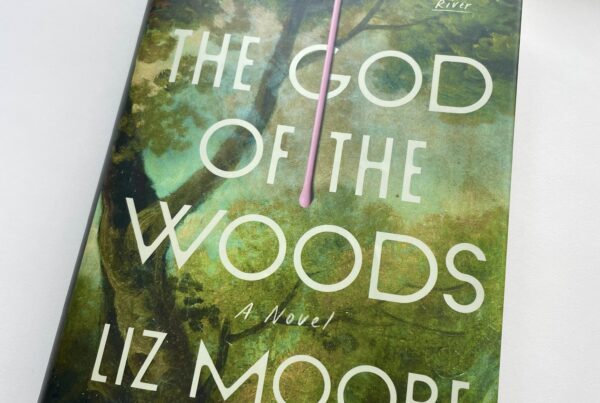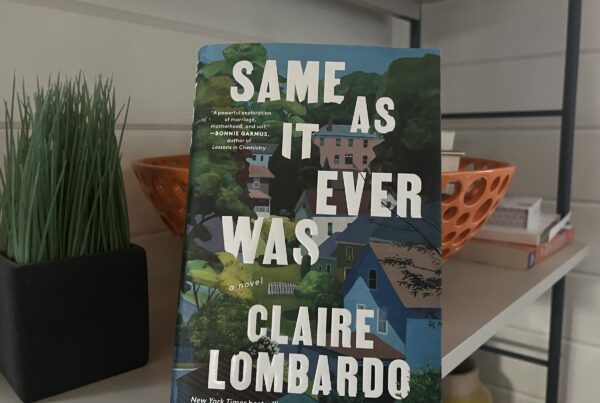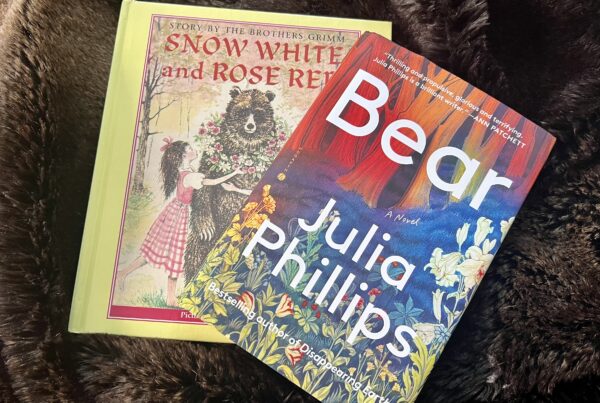My relationship with Nabokov’s brilliant, shocking, controversial novel Lolita, now over 60 years old (the novel, not my relationship to it, quite) is as tangled as Kate Elizabeth Russell’s must be, out of which she has spun her own provocative retelling, My Dark Vanessa. The complexity of my reaction to Lolita is born out of admiration for Nabokov’s unbridled genius and joy in manipulating language, the coexisting humor and sadness, the iconic unreliable narrator; discomfort with the layered portrayal of criminal lust; and fascination with the eponymous nymphet at its center: at once idealized, objectified, erased, fetishized, a supposedly tempting young seductress revealed in heartbreaking glimpses as a violated ghost, a kidnapped 12 year old child repeatedly raped by a much older man.
Russell’s novel also generated controversy when Oprah Winfrey abandoned it as a bookclub choice after a twitter scuffle: https://www.vulture.com/2020/03/my-dark-vanessa-oprahs-book-club-pick-dropped.html. More troubling, to some readers, is the 32 year old narrator’s stubborn resistance to framing as abuse the sexual relationship she has had since she was 15 years old with her then 42 year old high-school English teacher. Vanessa, barely getting through her days as a hotel concierge and her nights drinking alone when the novel opens, takes great pains to separate herself from the #metoo revelations of another former student accusing Jacob Strane of inappropriate behavior. Vanessa’s language veers between her desperate attempts to romanticize what we see as his depressingly familiar predatory behavior and her disgust and anguish that Strane effectively minimizes or ignores. An unreliable, difficult, deeply damaged narrator, Vanessa recounts her version of the “affair,” both in the past when she had what she believes is romantic control and through her most recent shifting power plays with Strane, who is still manipulating her in his fear that she will also expose him.
We see Vanessa at her tedious job, with a frustrated former boyfriend, with her hapless parents, or stonewalling her patient therapist. We witness the uncomfortable, ultimately healing interactions with the woman who has accused Strane. But the smothering, erotic, abusive, enraging, overbearing relationship at the novel’s heart is all-encompassing, and much of the book’s strength is exactly the ambiguity in Vanessa’s understanding of it: we see both the stark facts of an older man in his authoritative position grooming, molesting, raping, gaslighting, and controlling a young girl and we recognize how she is, especially as a girl, consumed with desire to matter, to be selected, to be important, to be powerful. Strane praises her writing, singles her out, gifts her copies of Plath and of course, Nabokov, whose book becomes a touchstone for both of them even as Russell is transposing that story into the one we are reading.
Vanessa’s self-delusion as an adult is less sympathetic than her romantic delusions as a child, but that is the point: the trauma is on-going and ugly and defining. It is almost impossible for her to let go of the lie: “Did I want him to touch me?…Slowly guided into the fire—why is everyone so scared to admit how good that can feel? To be groomed is to be loved and handled like a precious, delicate thing.” It’s a long struggle for Vanessa to shift her perception, to begin to find a self undefined by Strane, to recognize what was done to her, to name it, to begin again. My Dark Vanessa is easy to read in a compelling, page-turning, twisted crime drama way; but its raw honesty and troubled narrator struggling to free herself from the Lolita fantasy narrative is more difficult to process or forget.




